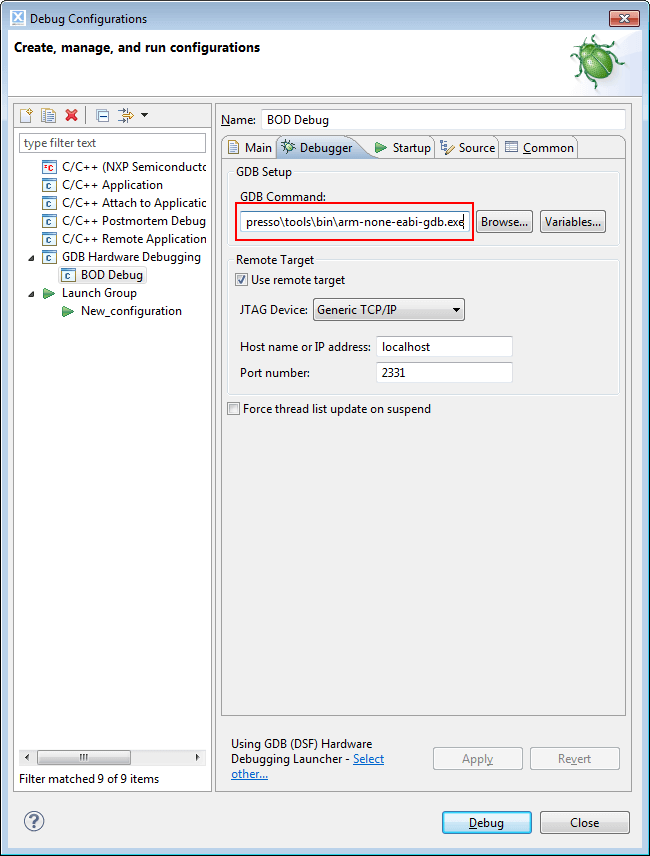
Load Freescale Codewarrior License Crack
I was recently involved in a 'FS' based project for which we bought several CodeWarrior licenses at a cost of around $1500 each. The installations were problematic in several ways. The 'support' help we got to overcome the installation shortcomings was pathetic at best. On several occasions the licenses 'disappeared' and the ploblem-plagued installation procedure had to be repeated, again with sketchy help from the support personnel ( That is, when they finally answered the phone after repeated attempts to contact them.) C. Getting the printf function to work reliably took weeks of fooling around and multiple calls to multiple 'support centers'.
The people who helped with the installation were not the same people who were knowledable about its use in actual program development. The internal Code Warrior Help was completely wrong on this topic. The material in the help topics did not resemble the actual CW environment in any recognizable way. We finally reached a fellow who explained our problem in 2 minutes and printf has worked flawlessly ever since.
Freescale Semiconductor; Inc. Subject: The Freescale Gigabit TAP is a useful debug tool in all phases of the project, but it is absolutely necessary prior to having a fully debugged operating system running. The Freescale Gigabit TAP is integrated with the CodeWarrior Development System and of fers up to 2.5x faster downloads than the USB TAP.
He had no idea why the CW Help was so incorrect. The use of the FS processor and thereby the CW development tools was predefined before I got involved in the project. I have never bothered with CodeWarrior.

I just gave up after my first attempts. Likewise, I have never tried ProcessorExpert.
However, there is nothing too frightening about their chips. I would suggest Rowley or Keil. If you are using Freescale commercially, you will be using a full licence anyway.
Rowley or Keil support will probably be better than Freescale anyway! I don't know which MCU models you are using. The Cortex chips will give hard fault interrupts as a default. IMHO, it is wiser to enable all GPIO as default. Then disable what you don't need. You still end up with the minimal necessary power consumption. But you retain the will to live in the process.
This is the behaviour of most MCU manufacturers. If not, you can always add it to your startup. Eshko italjyanskij torrent. Yeah, turns out the clock wasn't getting enabled to port E in 10.6 but it does in 10.5. It wasn't clear that a hard fault could be because a clock is disabled, the docs only say its for memory access out of range.
This is something processor export generates code for. If it would let me, I could just add the line of code, but it re-generates and overwrites my fix. I'm currently digging around this massive processor expert gui to find out how to enable clocks to peripherals. I'd be punching holes into drywall by now but since its an hourly project I can manage my anger. Quote: 1000USD/one if don't need tracing and QEMU simulation. What do they want to license there? Tracing is a tougher thing.